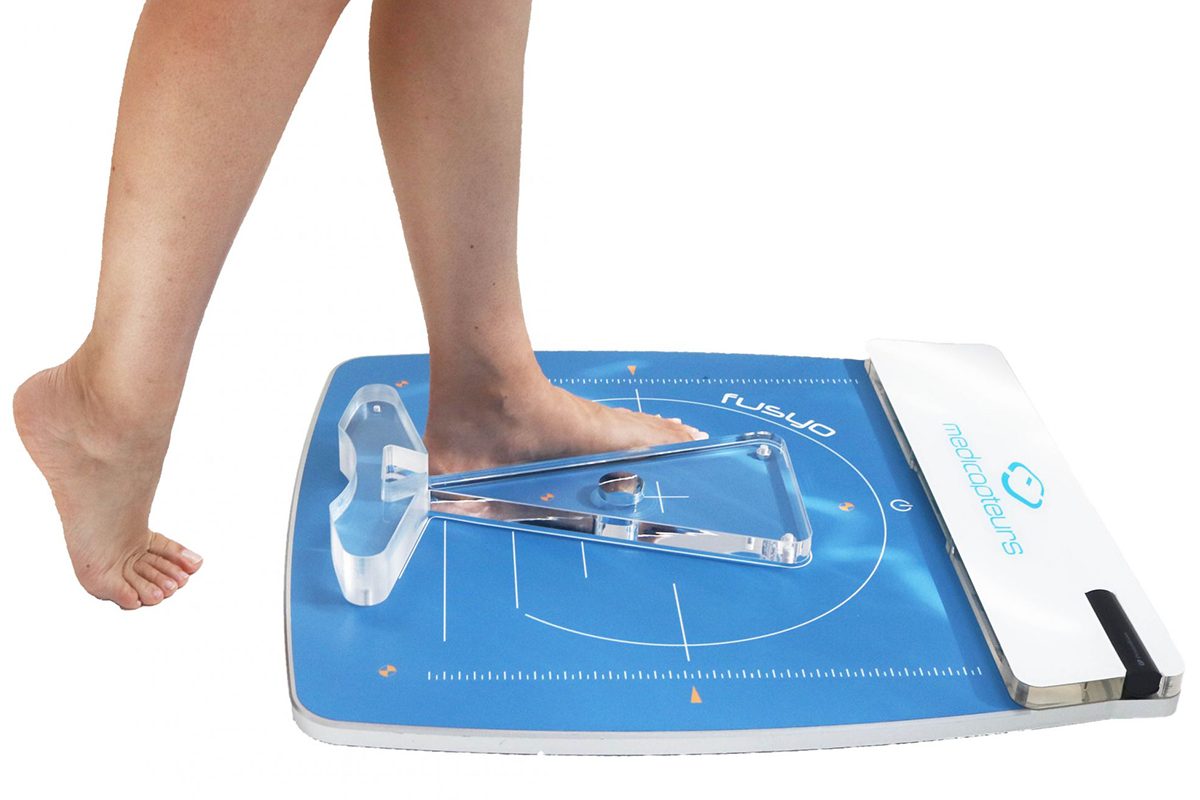Posturology is a discipline that studies the postural tonic system, its regulation, alterations and adaptations. The posturologist does not treat the pathology, he balances the neurosensitive processes interrelated with the fine postural system.
A person is automatically supported standing thanks to a system that captures the least variation in the position of the body with its environment. This system uses exocaptors (eye, ear, foot,…) and endocaptors (proprioception of the muscles of the spine, lower limb, oculomotor muscles, ATM,). All of them integrate the orthostatic balance.
At any level of this system there can be dysfunctions that alter the system as a whole. The deregulation of one or more of the captors immediately leads to adaptations that can create different alterations in different body segments and the resulting body imbalance. Osteopathy has as reference points, in addition to those of osteopathic practice, the posturological concept, where the information that the osteopath sends through the spine, the skull, the visceral system, the neuromeningeal system, the somatoreflexes, somatoemotional areas, etc. has profound repercussions in the improvement of postural adaptations, understood as our external and internal positioning in relation to our environment.

